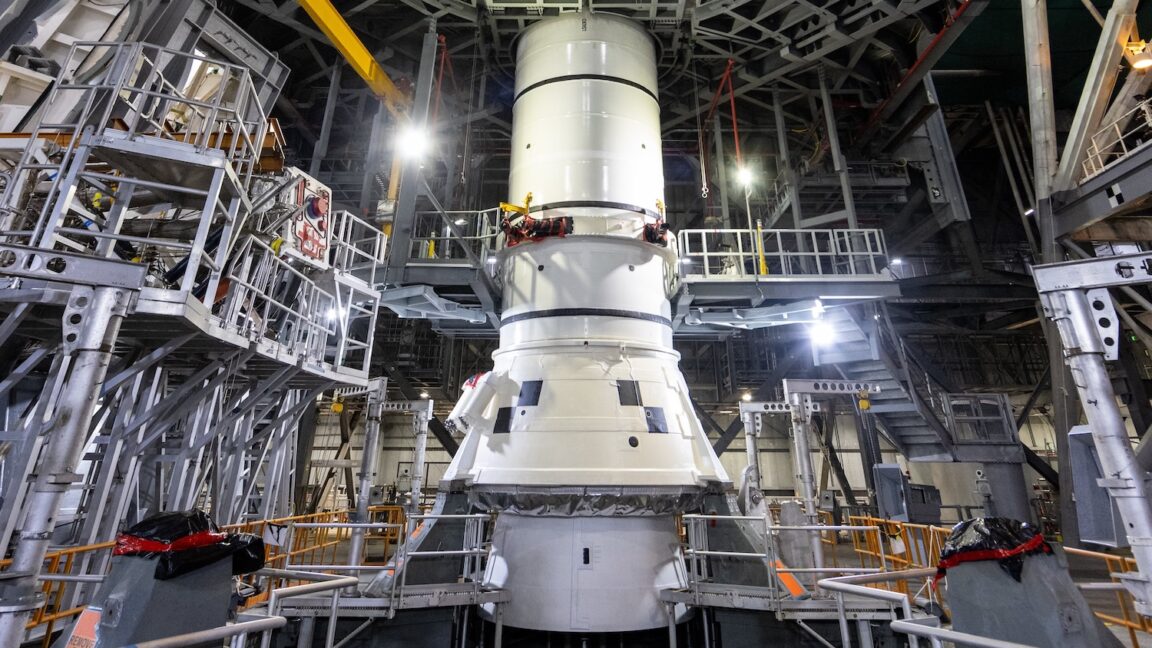Researchers have discovered that ultrasound pulses to a specific area of the brain can induce a torpor-like state in mice. Torpor is a state of reduced metabolism that some animals, including laboratory mice, use to conserve energy during periods of food scarcity or hibernation. Scientists constructed tiny ultrasound mouse caps that trained six bursts, each comprising 10 seconds of ultrasound, on the selected area of the rodent’s brain. The ultrasound pulses reduced the mice’s body temperature, heart rate and metabolism significantly, and they remained in this state for around an hour before returning to normal. The researchers observed that the neurons that respond to ultrasound identify a protein in the brain membrane, called TRPM2, which seems to be sensitive to ultrasound.
Ultrasound Pulses to Brain Send Mice Into a Hibernation-Like State










:format(webp)/cdn.vox-cdn.com/uploads/chorus_asset/file/25596782/DSC08149.jpg)


